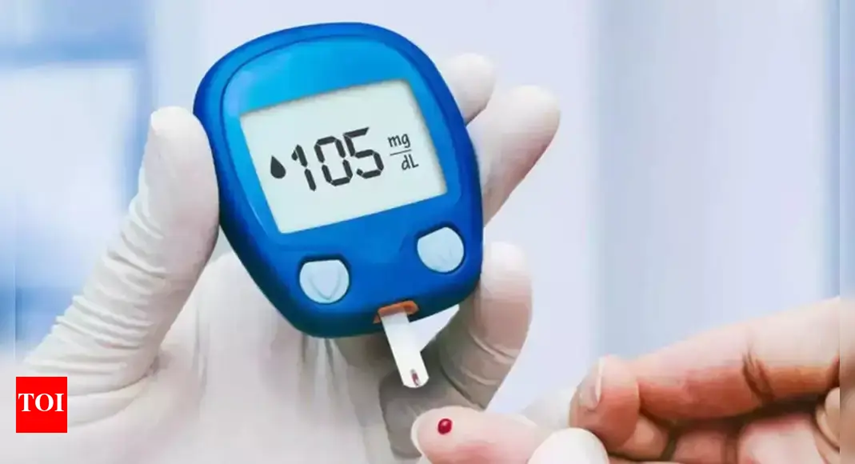
A new large-scale, meta-analysis, suggests hormone replacement therapy (HRT) can control insulin resistance in healthy, post-menopausal women. This finding could help guide the use of HRT, something that has long been controversial but could apparently have substantial benefits for certain patients.
Results of the meta-analysis, which included over 17 trials, were presented at the 2024 Annual Meeting of The Menopause Society last week. The presenter was Tanya Li of the Drexel University College of Medicine in Philadelphia.
As estrogen levels fall during menopause women’s bodies can become less responsive to insulin. When women shift from “perimenopause” status to “postmenopausal,” hypoestrogenism worsens insulin resistance, which is also triggered by the slow but progressive cortisol increase typical of aging. Cortisol induces gluconeogenesis and, this action, further promotes insulin resistance, which, in turn, can be a precursor of prediabetes and other metabolic disorders.
The rate of diabetes increases substantially among older women. A recent Chinese study showed the prevalence of type 2 diabetes among 15,406 postmenopausal women was 12.7%. Women undergoing menopause before 40 years had 1.97 times the risk of developing diabetes compared to women having menopause between 45 and 54 years old.
It is estimated that people with diabetes lose about six years of life compared to those without the disease. The rate of the condition is also increasing.
A number of studies have also previously attempted to determine hormone therapy’s impact on insulin resistance. However, They produced inconsistent results. This new meta-analysis of randomized, controlled trials covered more than 29,000 participants between 1998 and 2024. The researchers found that hormone therapy significantly reduced insulin resistance in healthy postmenopausal women without metabolic diseases such as diabetes, hypertension, and cardiovascular diseases.
Among the trials analyzed, a total of over 15,350 participants were randomized to hormone therapy, including estrogen alone or estrogen plus progesterone, and 13,937 were randomized to placebo. The mean age of the study population ranged from 47 to 75 years old, and treatment duration ranged from eight weeks to two years.
Insulin resistance is measured by the Homeostatic Model Assessment for Insulin Resistance (HOMA-IR), which uses fasting glucose and insulin levels. Resistance was significantly reduced in a pooled hormone therapy group compared with a placebo group, with a difference in means of -0.239 (95% CI -0.362 to -0.116, PMedpage reporting.
“Hormone therapy is an effective treatment for many bothersome menopause symptoms, including hot flashes,” says Stephanie Faubion, medical director for The Menopause Society. “This new meta-analysis is important as declining estrogen levels in menopausal women put them at greater risk for insulin resistance and hormone therapy could be beneficial in reducing insulin resistance in these women.”
There has been a lot of controversy about whether HRT is safe and effective for the general symptoms of menopause. This will be another important factor for doctors and their patients to consider.










![Best Weight Loss Supplements [2022-23] New Reports!](https://technologytangle.com/wp-content/uploads/2022/12/p1-1170962-1670840878.png)




